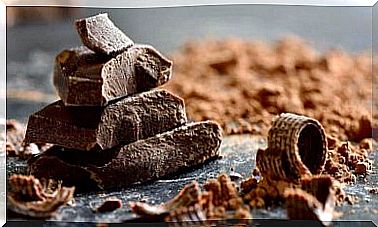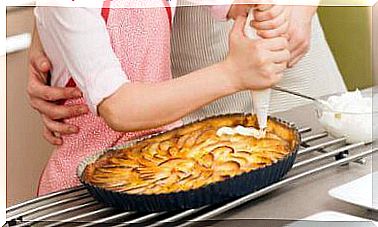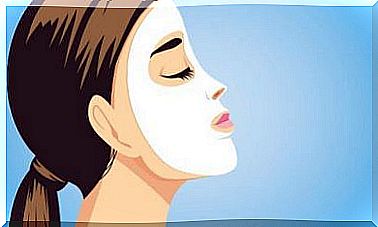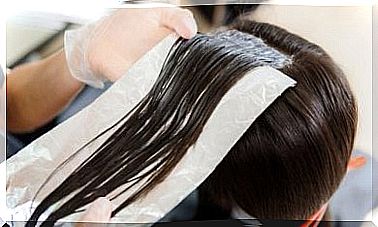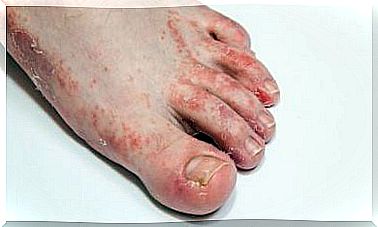Overactive Bladder In Children: Causes And Treatment
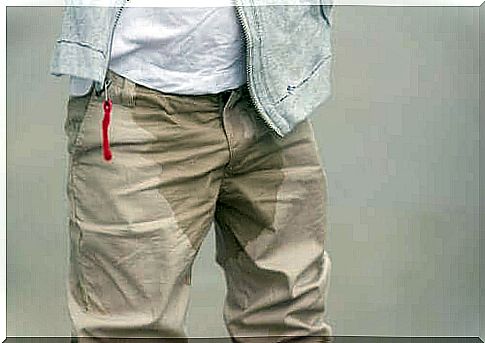
An overactive bladder in children is a syndrome that causes an urgent urge to urinate. In some cases, the urge is so urgent that it can be difficult to control and can even cause involuntary urination in some cases.
Although this disorder can occur in both children and adults, this article focuses on overactive bladder syndrome in children, its causes, diagnosis and treatment.
An overactive bladder in children
An overactive bladder is a syndrome that causes an urgent need to urinate. Usually it is accompanied by more frequent urination. It is also the second most common cause of bladder dysfunction in children after bedwetting.
In many cases, the intensity of the urge makes it impossible to control urination. The child may therefore accidentally urinate or leak urine. It can also cause problems in the child’s life where it negatively affects their social and emotional life.
For example, if the child frequently urinates accidentally, he or she may begin to avoid or refuse to participate in various activities or even events for fear of accidentally urinating in front of others. For this reason, it is important to be aware of the symptoms and talk to a specialist as soon as possible.
Symptoms
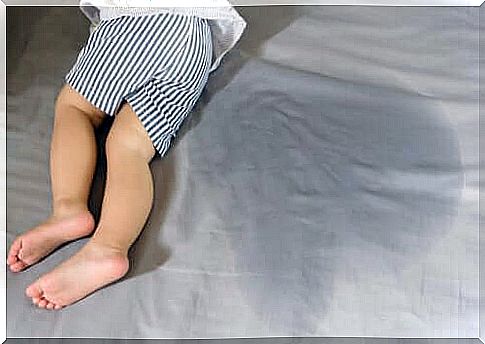
First, it is important not to confuse overactive bladder with other disorders such as bedwetting. The biggest difference between the two is that an overactive bladder can show up at any time during the day.
In general, the following symptoms tend to show up:
- Urination more than 8 times a day.
- Problems controlling the urge to urinate.
- Leaks.
- To sit with your legs crossed or in other positions to try to prevent leakage.
- In extreme cases, there may be urinary incontinence or inability to control urination.
- Symptoms can cause anxiety or affect the baby’s normal life.
The causes of overactive bladder
Current theories indicate that an overactive bladder may be related to late maturation of the central nervous system. When the bladder is full, the bladder’s inhibitory reflex is not activated properly.
This problem may be related to the child’s physical condition such as urinary tract abnormalities, cystitis or lack of maturation of the central nervous system. However, it can also be related to other disorders such as constipation.
In some cases, this is because the child has not learned how to properly control urination (a process that typically begins at 3-5 years of age). Without learning how to control the sphincter, the child will not be able to control urination properly.
Likewise , disorders such as, among others, mental, behavioral, learning or anxiety-related disorders may include an overactive bladder as one of its symptoms.
Diagnosis
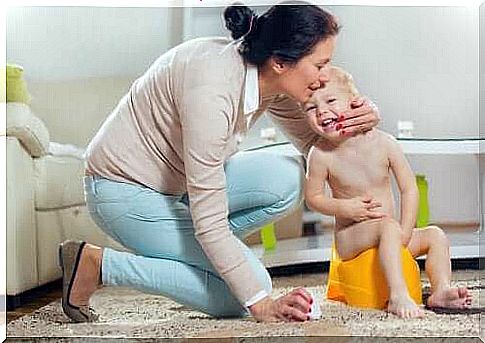
In order to diagnose overactive bladder, the doctor must perform the following tests and examinations:
- Complete medical history for both parent and child (if available). When explaining the medical history, make sure that you go into detail about the habits of urination. In fact, one may be asked to keep a “urination diary” for a few days, which mentions the frequency and intensity of the child’s urination. The doctor will also examine possible triggers.
- Physical examination. This examination will involve an examination of the area of the urethra as well as some tests which will check the function of the nervous system.
- Urine analysis. This will check for possible infections.
- Based on the results of the above tests, the doctor may also perform an ultrasound or other urodynamic examinations to rule out other major problems.
Treatment
The treatment of an overactive bladder in children will always depend on its causes. For example, if it is caused by constipation, treatment will aim to treat the constipation.
In any case, the most common forms of treatment include:
- Bladder training. This may include, among other things, programmed urination (number of times per hour), twice urination during toilet visits or relaxation of the muscles in the pelvic floor.
- In some cases, your doctor may recommend medical treatment (usually oxybutynin). This will help relieve the symptoms until the child learns to control the sphincter effectively. Once the child has proper control of the sphincter, it will help prevent future urinary tract infections.
- Parental support. Parents should not scold children under any circumstances. After all, an overactive bladder is not voluntary. Instead, be patient, understanding, and supportive. One can even apply motivational tactics such as rewarding the child when he or she follows the program successfully.
Conclusion
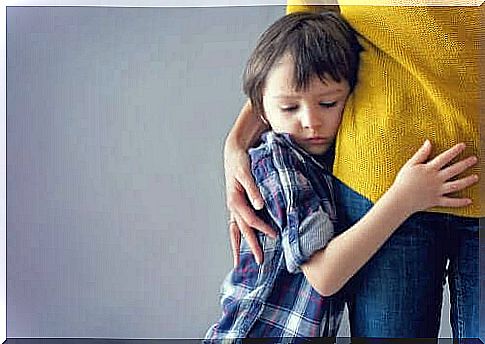
It is important to be aware of the symptoms of an overactive bladder. As we have explained, it can negatively affect the child both socially and emotionally, and it can eventually lead to problems with self-esteem.
For this reason , it is important to see a doctor if the symptoms or signs related to this syndrome show up. It will allow to quickly treat or rule out the physical problems leading to this syndrome and the symptoms can be treated and resolved.
In any case, parental support is key. For this reason, frequent toilet visits or accidents in the pants must not be met with criticism, scolding or impatience. On the other hand , there is a need for sustained support, patience and understanding.


